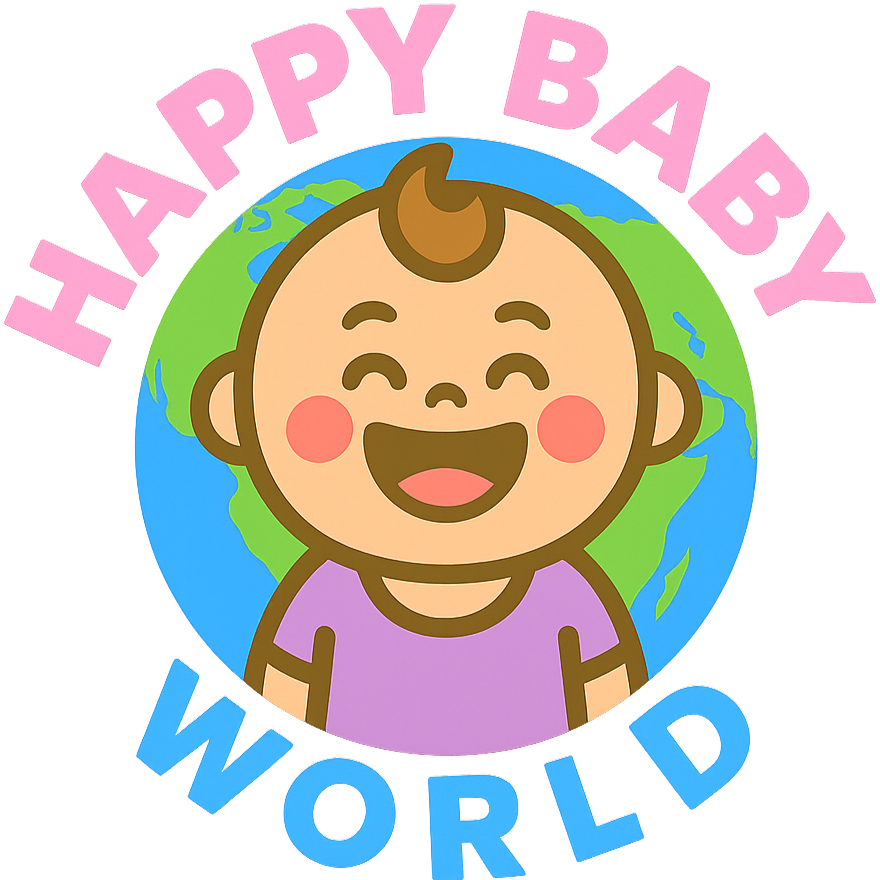When Regret Meets Reality: Why Your Feelings Are Valid
Feeling regret after keeping an unplanned baby can be one of the most isolating and guilt‑laden experiences a parent faces. You may love your child deeply yet still grieve the life you imagined before parenthood arrived unexpectedly. These emotions do not make you a bad parent — they make you human. Acknowledging regret is the first step toward transforming it into a source of strength, because only by naming our feelings can we begin to reshape them into something healing.
Many parents discover that regret keeping an unplanned baby is less about the child themselves and more about the sudden shift in identity, freedom, and stability. Recognizing this distinction allows you to separate your love for your child from the overwhelm of your circumstances — creating space for compassion toward yourself and a clearer path forward.
Understanding the Root of Regret
Regret often grows in the gap between expectation and reality. If you envisioned a certain career path, financial stability, or personal freedom before becoming a parent, the sudden change can feel like a loss. This sense of loss can coexist with love, and understanding that duality is essential for emotional balance.
For many, regret keeping an unplanned baby stems from unprocessed grief over the life they thought they would have. By identifying whether your regret is rooted in exhaustion, financial strain, relationship tension, or loss of personal identity, you can address the actual cause rather than blaming yourself or your child. This clarity transforms regret from a vague, heavy feeling into a solvable challenge.
Reframing Regret as a Catalyst for Growth
While regret can feel like a dead‑end emotion, it can also be a powerful motivator for change. When you shift your perspective from “I wish this hadn’t happened” to “How can I grow from this?” you open the door to resilience, creativity, and deeper connection with your child.
Parents who have faced regret keeping an unplanned baby often find that the very challenges they feared most become the ones that strengthen their patience, empathy, and problem‑solving skills. This reframing doesn’t erase the difficulty, but it transforms the narrative from one of loss to one of growth — a shift that benefits both you and your child.
The Power of Self‑Compassion in Parenting
Self‑compassion is not indulgence; it is survival. When you are kind to yourself, you model emotional resilience for your child and create a more stable home environment. Regret keeping an unplanned baby can trigger harsh self‑judgment, but replacing that inner critic with a supportive inner voice can change the trajectory of your parenting journey.
Practical self‑compassion might look like allowing yourself rest without guilt, seeking help without shame, or speaking to yourself as you would to a dear friend. Over time, these small acts of kindness toward yourself can dissolve the sharp edges of regret and replace them with a sense of grounded acceptance.
Building a Support Network That Lifts You Up
Isolation magnifies regret. Connection softens it. Surrounding yourself with people who understand — whether friends, family, or fellow parents — can provide both emotional relief and practical solutions. A strong support network can help you navigate the unique challenges of raising a child you hadn’t planned for, offering perspective when your own feels clouded.
If regret keeping an unplanned baby feels overwhelming, consider joining parenting groups, online communities, or local support circles where honesty is welcomed and judgment is absent. These spaces remind you that you are not alone, and that shared experience can be a powerful antidote to loneliness.
Restoring Balance Through Practical Adjustments
Sometimes regret is less about the emotional bond with your child and more about the daily grind of parenting without enough resources, rest, or personal time. Restoring balance can mean adjusting routines, delegating responsibilities, or rethinking priorities so that your needs are not perpetually last on the list.
Parents who regret keeping an unplanned baby often find relief when they create sustainable systems — from meal planning to childcare swaps — that reduce stress and free up mental space. Even small changes, like carving out 15 minutes a day for something that nourishes you, can shift your emotional state and make parenting feel more manageable.
Healing the Parent‑Child Connection
When regret lingers, it can subtly affect the way you connect with your child. Healing that bond begins with intentional moments of presence — reading together, making eye contact, or simply listening without distraction. These small acts communicate love and security, even on days when your emotions feel complicated.
Over time, parents who once struggled with regret keeping an unplanned baby often discover that these moments of connection become the most meaningful part of their day. By focusing on shared joy, you can rewrite your relationship story from one of uncertainty to one of mutual trust and affection.
Why Your Story Matters — and How to Own It
Every parent’s journey is unique, and owning your story — including the parts that feel messy — can be liberating. Speaking openly about your experience, whether in a journal, with a trusted friend, or in a support group, helps dismantle the shame that often surrounds regret.
When you share your truth, you not only lighten your own emotional load but also create space for others to do the same. In this way, regret keeping an unplanned baby can become part of a larger narrative of resilience, honesty, and growth that benefits both you and your community.
Creating a Long‑Term Vision for Your Family
When regret feels persistent, it can be a sign that your life’s direction needs intentional shaping. Creating a long‑term vision for your family gives you a sense of agency and hope. This vision doesn’t have to be grand or rigid — it can be as simple as picturing the kind of relationship you want with your child in five years, or the values you want to pass on.
Parents who regret keeping an unplanned baby often find that defining a future they can look forward to helps them move from feeling trapped to feeling purposeful. By setting goals — whether financial, emotional, or lifestyle‑based — you create a roadmap that turns uncertainty into direction.
Practical Coping Strategies for Daily Life
While big‑picture vision is important, the day‑to‑day reality of parenting requires practical coping tools. These can include:
- Structured routines to reduce decision fatigue
- Mindful breathing or short meditations to reset during stressful moments
- Time blocking for personal projects or rest
- Delegating tasks to partners, friends, or family when possible
Parents navigating regret keeping an unplanned baby often benefit from combining emotional work with logistical adjustments. This dual approach ensures that both your inner world and your outer environment support your well‑being.
Reconnecting with Your Pre‑Parent Self
One of the most common sources of regret is the feeling of losing your identity outside of parenthood. Reconnecting with your pre‑parent self is not about rejecting your role as a parent — it’s about integrating who you were with who you are now.
This might mean revisiting hobbies, friendships, or career aspirations that once brought you joy. Even small steps, like listening to music you loved before or wearing clothes that express your style, can remind you that you are more than your parenting role. Parents who regret keeping an unplanned baby often find that reclaiming parts of their old self helps them feel more balanced and whole.
Transforming Overwhelm into Opportunity
Overwhelm is a natural part of parenting, but when it’s tied to regret, it can feel heavier. The key is to transform overwhelm into opportunity by breaking challenges into manageable steps. Instead of focusing on everything that feels wrong, identify one small change you can make today that will improve your situation.
This approach works because it builds momentum. Parents who regret keeping an unplanned baby often discover that small wins — like organizing a cluttered space or scheduling a playdate — create a ripple effect of positivity that makes larger changes feel more achievable.
The Role of Professional Support
Sometimes, regret is intertwined with deeper emotional or mental health challenges that require professional guidance. Therapists, counselors, and parenting coaches can provide tools and perspectives that friends and family may not be equipped to offer.
Seeking professional help is not a sign of weakness — it’s a proactive step toward creating a healthier environment for both you and your child. Many parents who regret keeping an unplanned baby find that therapy helps them process complex emotions, improve communication, and strengthen their parenting confidence.
Celebrating Small Joys Along the Way
When regret feels heavy, joy can seem distant. Yet, intentionally noticing and celebrating small moments — a shared laugh, a quiet cuddle, a milestone reached — can shift your emotional landscape. These moments are not trivial; they are the building blocks of a loving relationship.
Parents who regret keeping an unplanned baby often find that joy grows when they actively look for it. Over time, these small celebrations can outweigh the moments of doubt, creating a more hopeful and connected family life.
Turning Your Story into a Source of Strength
Your journey — including the hard parts — can become a source of strength for yourself and others. By reflecting on how far you’ve come, you can see the resilience you’ve built and the love that has grown despite the challenges.
Parents who regret keeping an unplanned baby sometimes go on to mentor or support others in similar situations, transforming their personal struggles into a legacy of compassion and guidance. In this way, what once felt like a burden can become a gift you share with the world.
Embracing the Ongoing Journey
Regret is not a fixed state; it can evolve, soften, and even disappear over time. Parenting is a long journey, and every stage offers new chances to connect, learn, and grow. By approaching each day with openness and a willingness to adapt, you can transform regret into a deeper, more enduring love for your child and yourself.
Parents who regret keeping an unplanned baby often find that the very act of staying present — even when it’s hard — becomes the foundation for a relationship built on trust, joy, and mutual respect.
Real Parenting, Real Support
Subscribe to the Happy Baby World newsletter for honest stories, practical tips, and encouragement to help you find joy and balance in the beautiful, messy reality of raising kids.


Leave a Reply